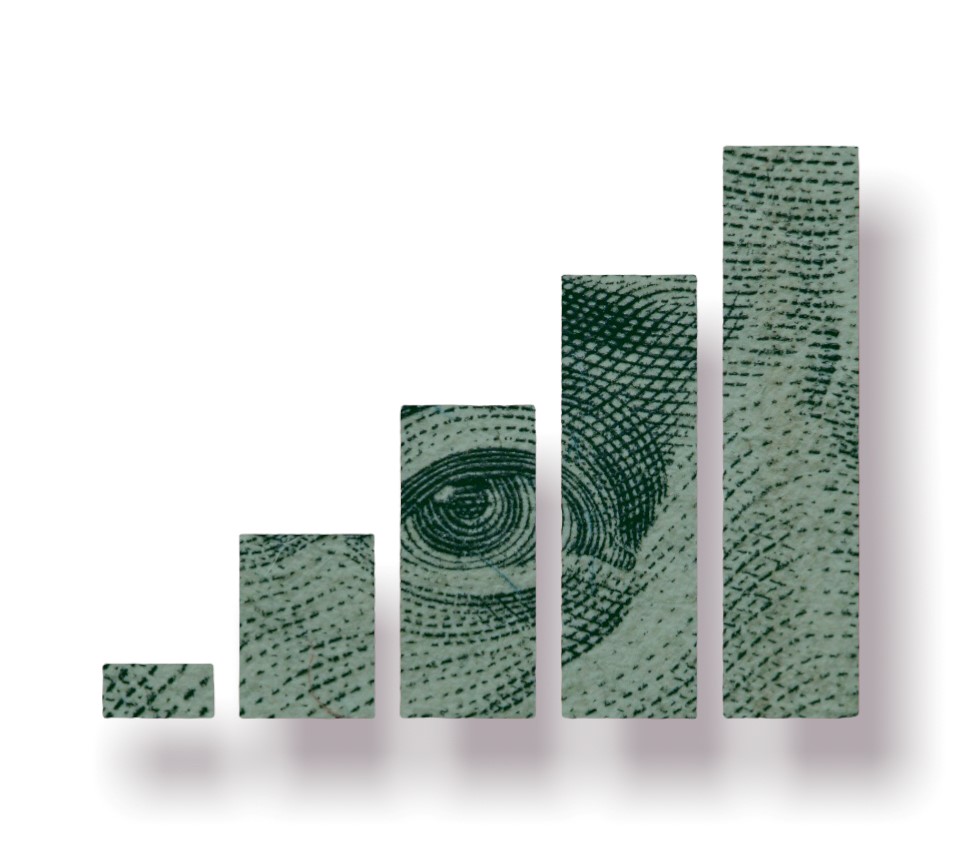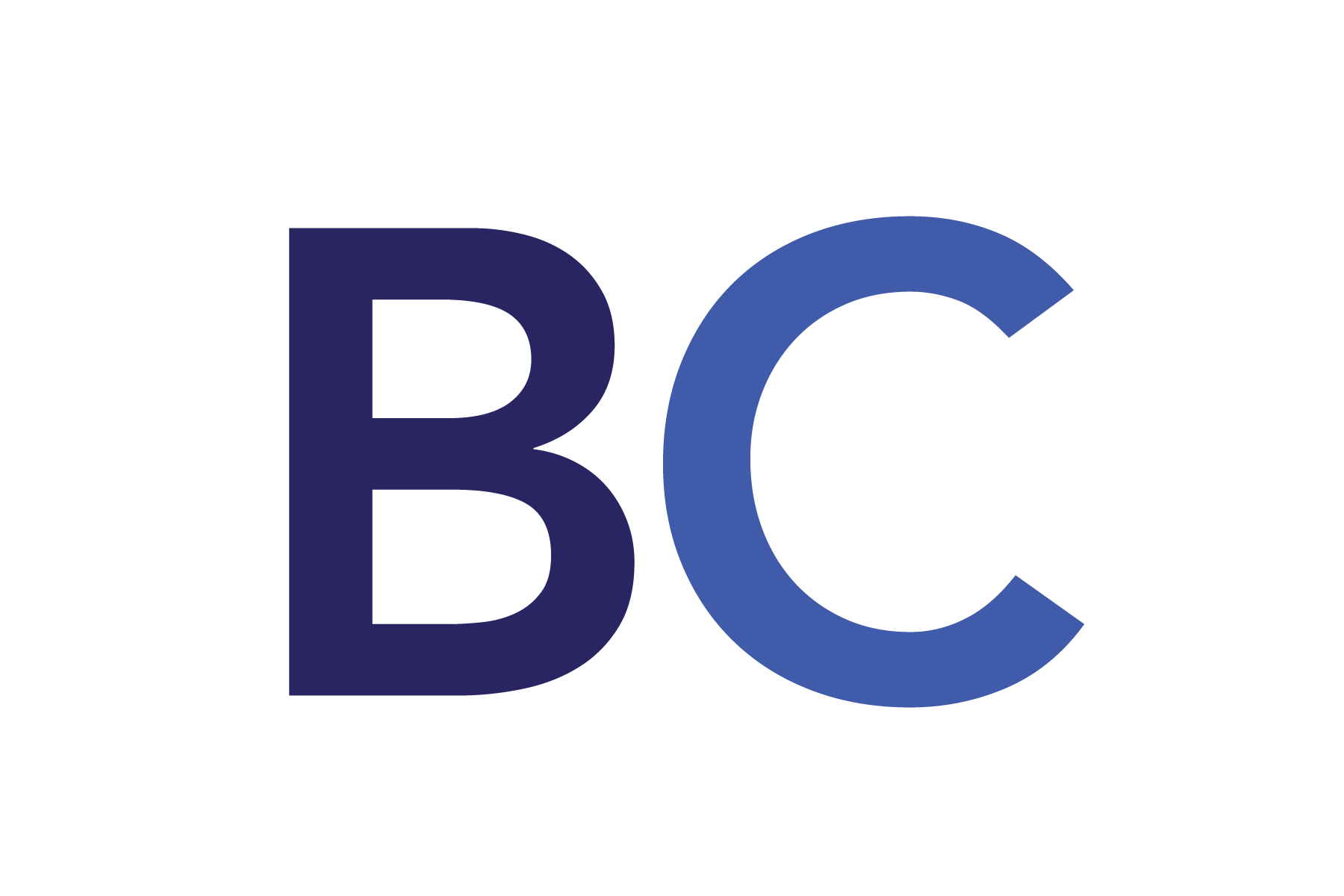Value-Added Tax (VAT) is a consumption tax levied on the value added to goods and services at each stage of production or distribution. Unlike sales tax, which is applied only at the point of sale to the final consumer, VAT is imposed on every intermediary sale. Businesses collect the tax on behalf of the government and remit it based on the value they add to the product or service.
VAT is typically implemented as a percentage of the price of the goods or services. The tax amount is included in the final price paid by the consumer. VAT helps governments generate revenue while avoiding the cascading effect of taxes that can occur with other forms of taxation, where taxes are levied on top of taxes at each stage of production.
Different countries have varying VAT rates, exemptions, and thresholds for registration, making it a key component of their fiscal policy and revenue generation.
#VAT #Taxation #Economics #BusinessFinance



